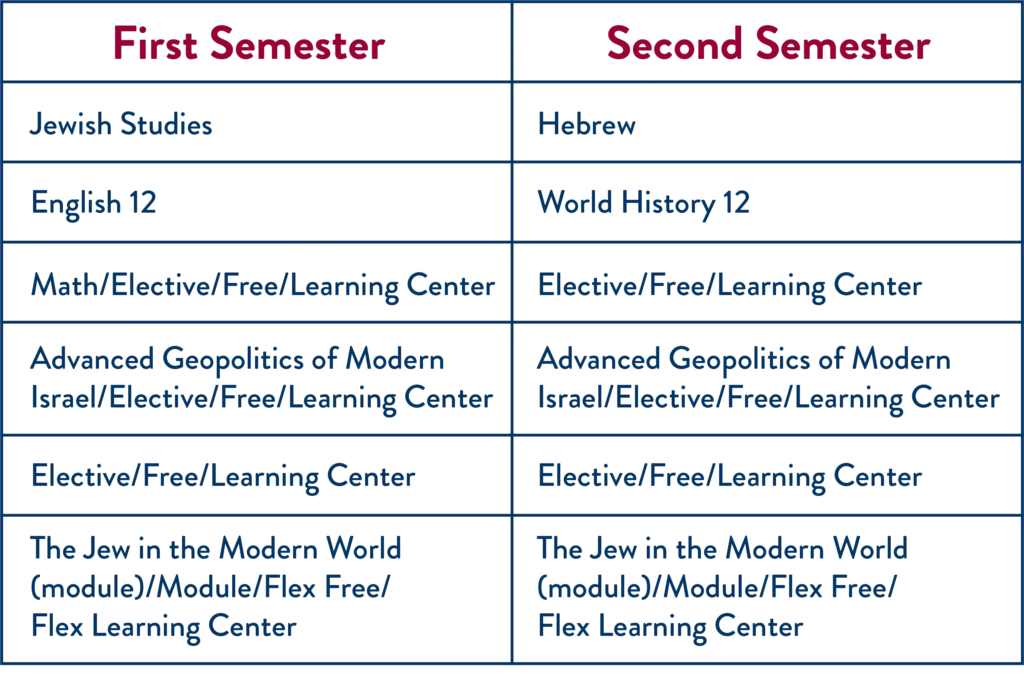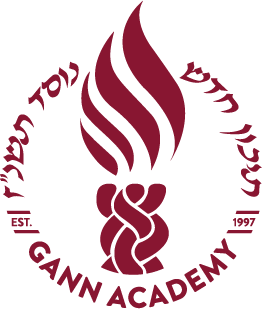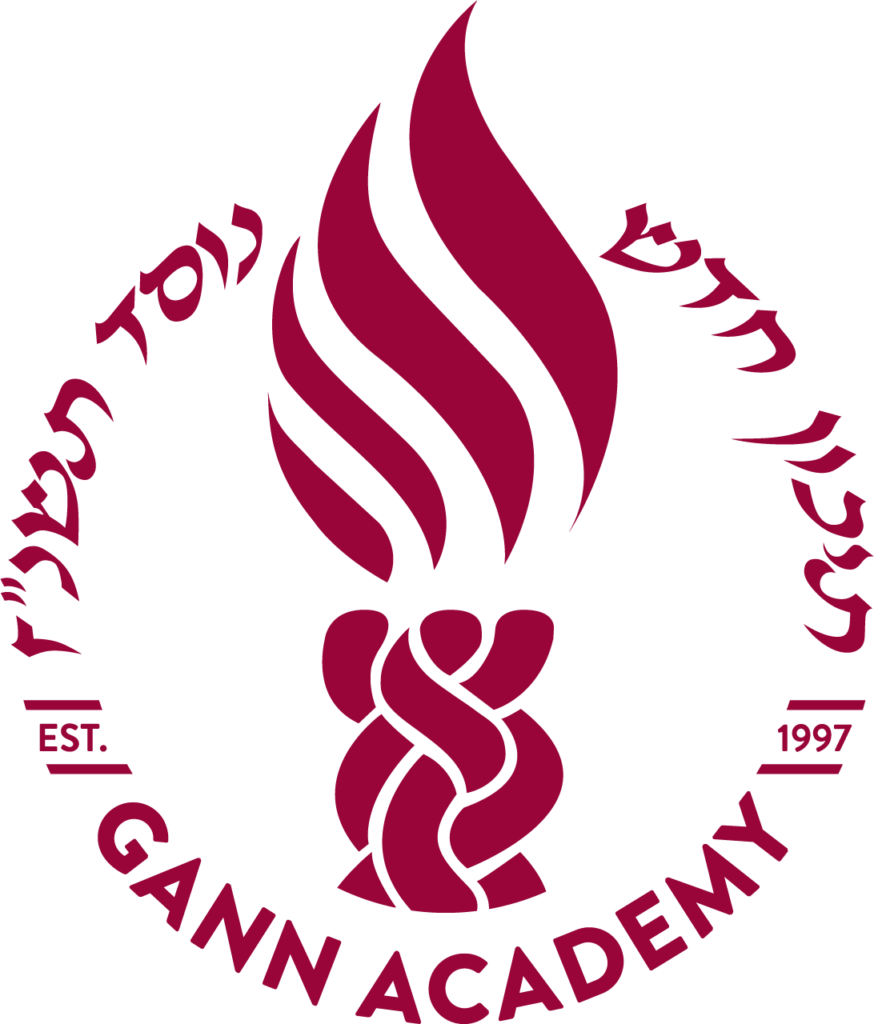ACADEMICS
Curriculum

EXPLORE THE CURRICULUM
ACADEMIC DEPARTMENTS
Gann’s curriculum comprises more than 175 courses in nine academic disciplines, and co-curricular arts and athletics programs. For more information about each department’s required course sequence, please click on the buttons below.
A CLOSER LOOK:
Farm to Table
The Gann Farm now features a wood-fired, clay oven to be used in “Farm to Table Holidays Practicum!” A timber-frame shed makes a home for the oven, using local Eastern White Pine wood, the same as the nearby trees on the farm.
A CLOSER LOOK:
Halachic Process
Last weekend, students in “Halachic Process” module competed at the Maimonides Moot Court High School Competition just outside of Baltimore, Maryland. This competition begins with a lively Shabbaton for the 130 participants, before culminating in a Jewish ethics debate. Gann Academy sent two teams last weekend, and one of them came back as champions in their division! This marks back-to-back wins for Gann Academy at x Moot Court competition.
A CLOSER LOOK:
U.S. History
In our 11th grade United States History class, Gann History teacher Laura Michel uses the writings of James Madison to teach students how to think critically about today’s political issues. She asked her students to determine how Madison would feel about prevalent issues in American politics today. “People use and misuse history in a lot of significant ways, so being literate about data so others can’t skew it is important,” Laura said.
A CLOSER LOOK:
Mock Trial
For the first time in Gann history, Mock Trial won the state championships! On Tuesday, March 28, our team competed against Pioneer Valley Performing Arts Charter School, winning the title of first place in the entire state. On the road to victory, they also beat other top schools like Newton North, and Malden Catholic, last year’s winner.
A CLOSER LOOK:
Jewish History
History meets modern publishing in History Teacher Zachary Albert’s “Jewish History” class. Students made book jackets for their final project and celebrated their hard work with a “cover reveal party.” Each jacket has four components: a title, a student-designed cover, a description of the “book,” and an author’s bio. “Each student presented a claim about the Jewish story that was meaningful or compelling to them,” explained Mr. Albert.
A CLOSER LOOK:
Creative Writing
During spring 2023, students in “Creative Writing” were treated to two author visits: one from acclaimed author Hanna Halperin, and one from Arnon Shorr ‘01—a Gann alumnus, previous Gann teacher, and current screenwriter, filmmaker, and comic book author.
Academic Sequence
Over their four years at Gann, students move through a series of required courses, gaining more elective options each year. Gann’s academic program runs over two semesters. The daily schedule holds 6 blocks—5 academic and 1 module Monday-Thursday. Fridays, the schedule includes 5 academic blocks and Hakhel, our all-school, student-run assembly.
- Academic blocks meet 5 times/week (modules meet 2 or 4 times a week).
- Students take between 4 and 7 classes each semester.
- Over their four-year high school journey, students choose from 10 block electives and 16 module electives (students who take Biology, Chemistry, and History AP-level courses choose from seven electives and 16 module electives).
- Some classes are semester-long, while others are year-long and are noted in the sequencing below.
9th Grade

10th Grade

11th Grade

12th Grade

A Closer Look: English Summer Reading Lists by Grade
To inquire, contemplate, and engage in discourse. To interpret texts thoughtfully, communicate effectively in writing, listen carefully to the option of others, and advocate convincingly. To immerse in diverse perspectives and express our own ideas with precision and depth. These are among the skills that Gann students cultivate through their ongoing exploration of English throughout their Gann education.
Click on the buttons below to explore Summer reading lists by grade.












